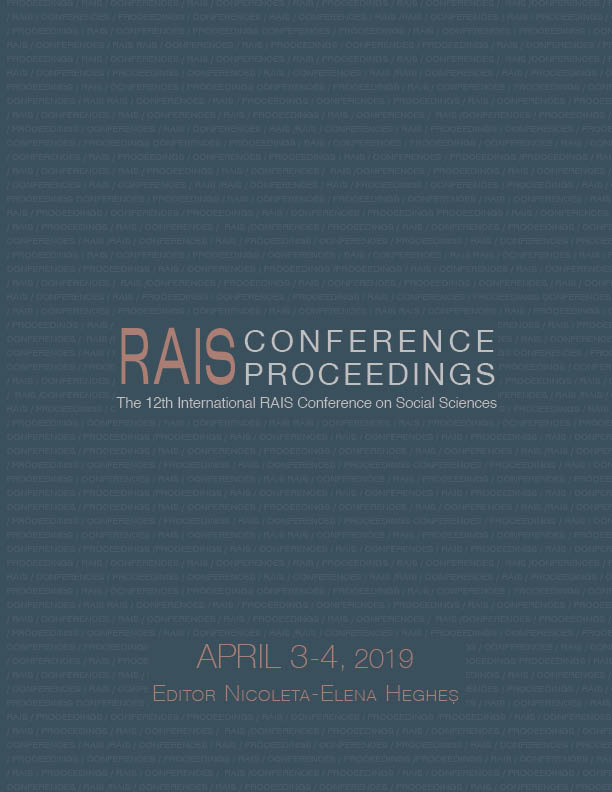Utilizing Artistic Reactions in Research: Elevating Affective Data
Utilizing Artistic Reactions in Research: Elevating Affective Data
Author(s): Joanna Klingenstein
Subject(s): Evaluation research, Sociology of the arts, business, education
Published by: Scientia Moralitas Research Institute
Keywords: affect theory; affect; expressive therapies continuum; research method; art; creativity; evangelical; women;
Summary/Abstract: Rarely does research design rely on the use of artistic processes to gather affective data. Scholars often rely on verbal communication to measure affective response rather than extracting data through creative mediums. Art therapists have long been writing about the power of creativity to uniquely surface emotion. Do artistic processes tap into affective data otherwise ignored? Can affective response further academic knowledge of power and influence? As noted by scholar and theorist Donovan Schaefer, affect theory highlights associations between semiotic forces and power. It offers a framework for understanding how emotional responses are shaped and experienced. Similarly, the Expressive Therapies Continuum (ETC), developed by art therapy pioneers Sandra Kagan and Vija Lusebrink, suggests a way to visualize expression according to the placement of affect in the body. The ETC therefore allows art therapists to guide and interpret creative processes. In a study titled, “Female Evangelical Multimedia Personalities: How Does Their Content Affect Female Viewers?” these theoretical frameworks are combined in a way that, to this author’s knowledge, has not been done before. As part of the study design, participants will be asked to react artistically and verbally to written and visual evangelical content. This study seeks to illuminate how artistic processes expose the affective influence and power of rhetorical content. The proposed presentation will provide a brief overview of these two theoretical frameworks, affirm the value of studying affect, and explore how researchers can utilize creativity to measure affective response.
Book: Proceedings of the 12th International RAIS Conference on Social Sciences and Humanities
- Page Range: 91-99
- Page Count: 9
- Publication Year: 2019
- Language: English
- Content File-PDF

